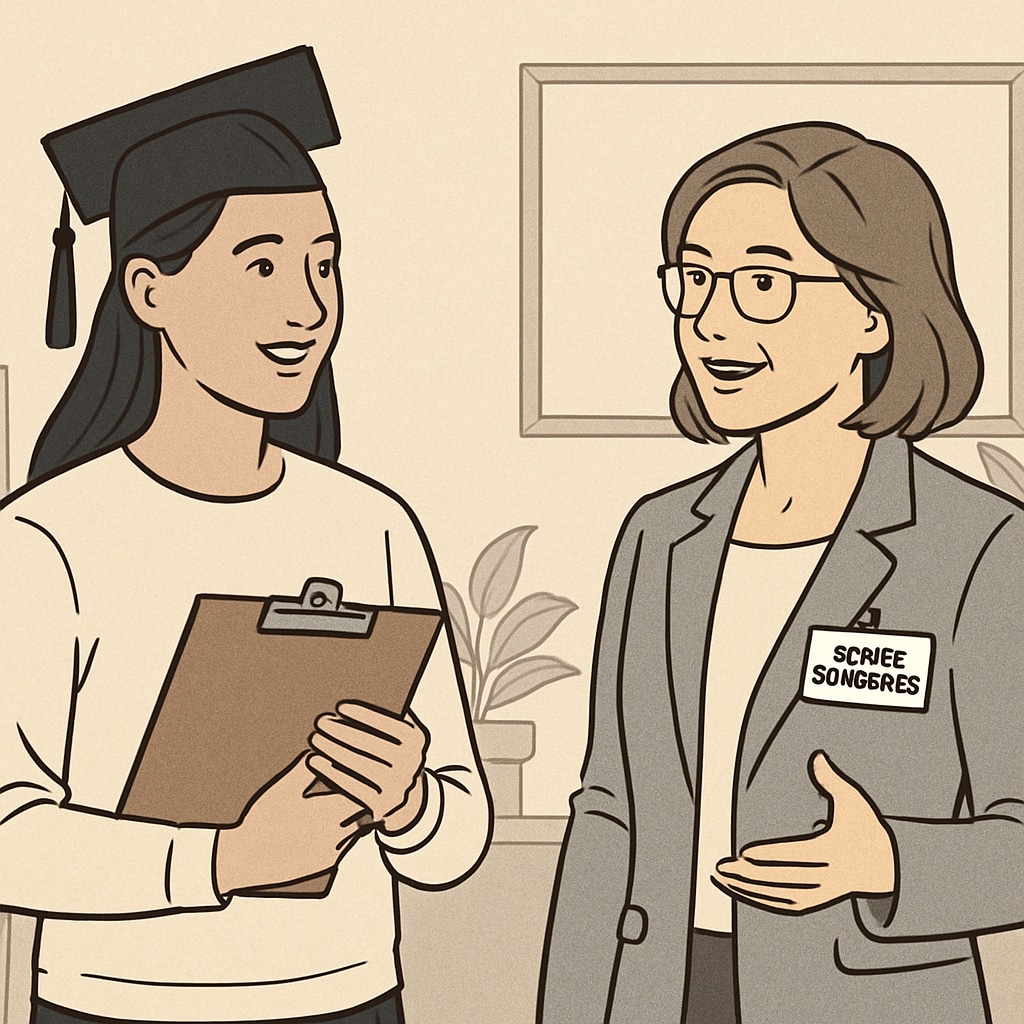Graduate students working on school counseling research often encounter significant hurdles when trying to find school counselors for interviews. This issue reflects the broader challenges in connecting academic research with practical applications in educational settings. By understanding these barriers and exploring actionable solutions, researchers can better align their work with the realities of the educational field.

Why Are School Counselors Difficult to Reach?
The difficulty in reaching school counselors stems from several factors. First, school counselors are often overwhelmed with their daily responsibilities, including managing student mental health, addressing academic concerns, and coordinating with teachers and parents. Their schedules are tight, leaving little room for external engagements like research interviews. Second, administrative policies in schools sometimes restrict external access to staff, especially for non-essential activities such as interviews. This can make it challenging for graduate students to connect with potential participants.
Additionally, graduate students may lack the networks or resources necessary to identify and approach school counselors effectively. Without established relationships or institutional support, cold calls or emails often go unanswered. These challenges highlight the need for more structured systems to facilitate collaboration between researchers and practitioners.

What Are the Implications for Graduate Research?
When graduate students face difficulties in finding interview subjects, their research can be delayed or even compromised. Interviews with school counselors provide invaluable insights into real-world practices, bridging the gap between theoretical frameworks and practical applications. Without access to these insights, research may lack the depth and relevance needed to impact the field of school counseling.
Furthermore, the inability to secure interviews can discourage students from pursuing certain topics or methodologies. As a result, the academic exploration of school counseling may suffer from limited perspectives, leaving critical issues unaddressed. This underscores the importance of creating opportunities for researchers to engage with practitioners.
Practical Solutions to Bridge the Gap
To address these challenges, researchers and institutions must adopt proactive strategies for connecting with school counselors. Here are some practical suggestions:
- Leverage Existing Networks: Graduate students can work with their academic advisors or professional organizations to identify potential interview subjects. These networks often have established relationships with educators and can facilitate introductions.
- Offer Flexibility: Researchers should accommodate the busy schedules of school counselors by offering flexible interview formats, such as virtual meetings or after-school sessions.
- Collaborate with Schools: Building partnerships with schools or districts can open doors to interviews. Institutions may be more willing to participate if the research aligns with their goals or addresses pressing issues.
- Provide Incentives: While monetary compensation may not be feasible, researchers can offer counselors recognition in published work or share findings that could benefit their practice.
Implementing these strategies requires effort and coordination, but the potential benefits for both researchers and practitioners are significant. By fostering collaboration, graduate students can gain the insights they need while contributing to advancements in school counseling.
Looking Ahead
Bridging the gap between academic research and practical applications in school counseling remains a complex challenge. However, by addressing the barriers that hinder collaboration, researchers can unlock new opportunities for meaningful engagement. Graduate students, institutions, and school counselors all play vital roles in this process, and their efforts can lead to more impactful research and improved educational practices.
Ultimately, overcoming these challenges requires a commitment to mutual understanding and collaboration. By prioritizing connection and communication, the academic and educational communities can work together to advance the field of school counseling.


